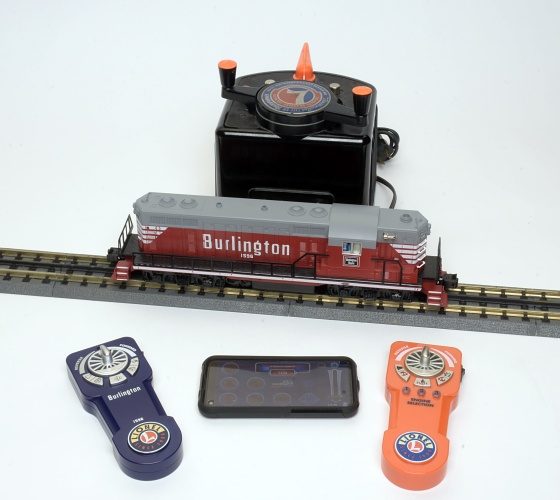
Why do my trains slow down when I run them? Q. When I got back into the toy train hobby, I bought an MRC dual-contact transformer. Now I’m building a 13- by 16-foot layout with three track loops that are connected with switches. When I run several trains, things slow down. Should I consider buying […]
Read More…
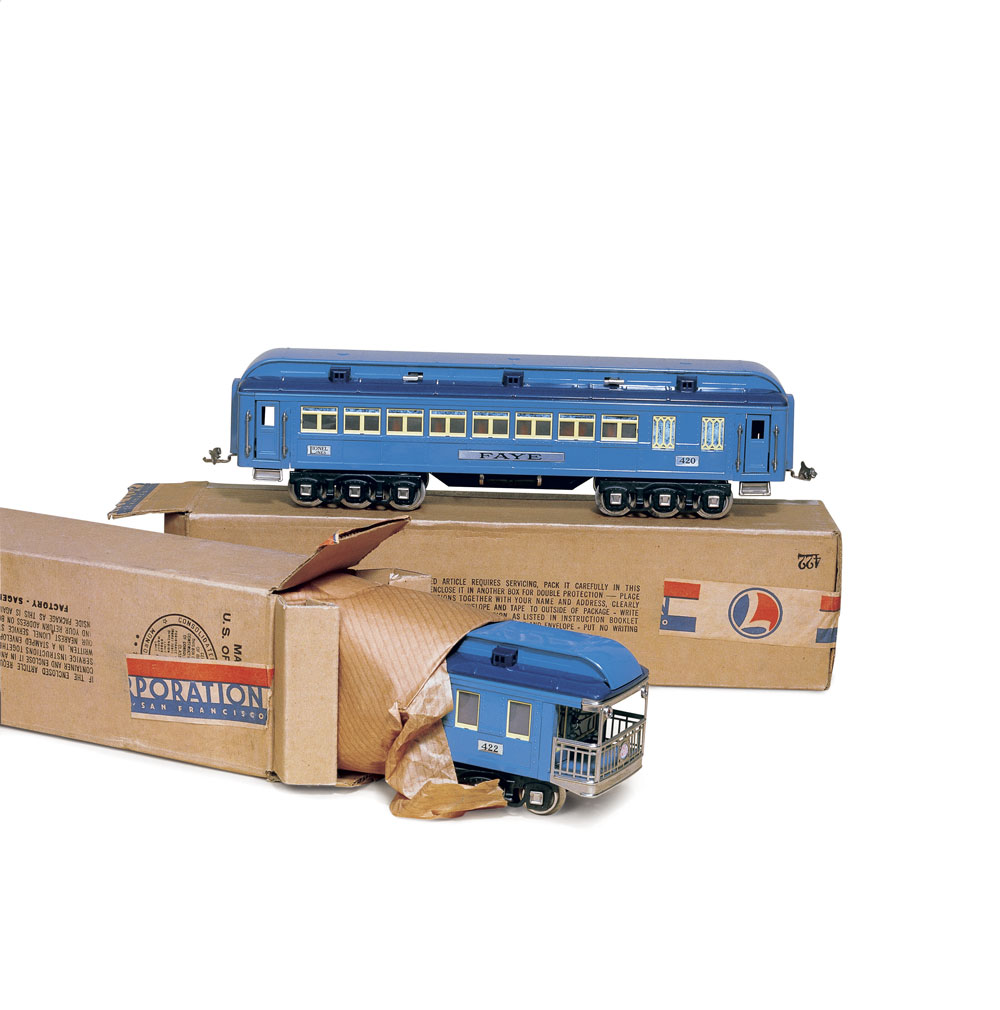
How do I store my toy trains? Q: How do I package and store my Lionel No. 2343 F3 diesel, which I run only once a year around the Christmas tree? Other than in a dry spot, what is the best way to store it? – Sean Mitchell, Corning, N.Y. A: Sean, you’re on the […]
Read More…
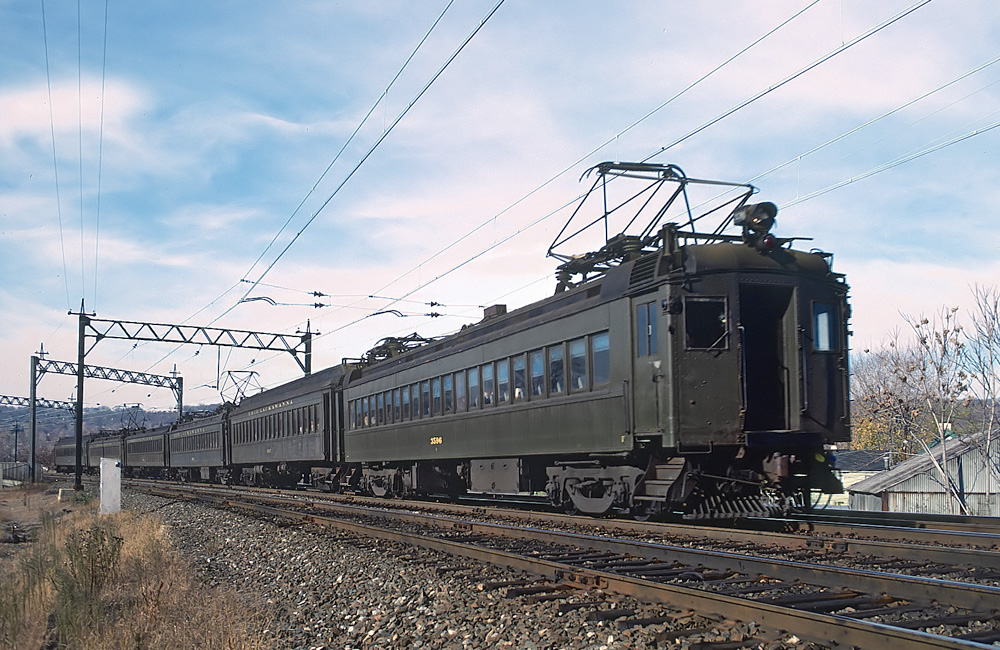
Q: I’m planning to model the Hoboken, N.J., and Brick Church, N.J., stations on the Delaware, Lackawanna & Western, the railroad I rode as a child and as an adult. I rode in the Lackawanna M.U. cars, but I can’t find them anywhere. I’m thinking I’ll buy the MuMP54 cars from Con-Cor and airbrush them […]
Read More…
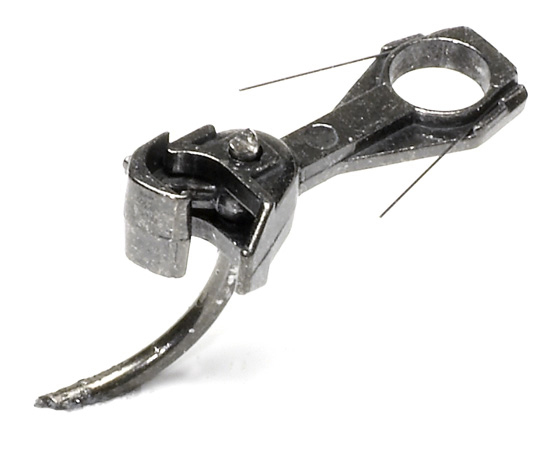
Although small, couplers play a big role in smooth, reliable operation. If couplers function properly and are installed per the manufacturer’s instructions, you should have few, if any, problems. In this guide to HO scale couplers, we’ll explore some of the different offerings on the market today. The evolution of HO scale couplers When […]
Read More…
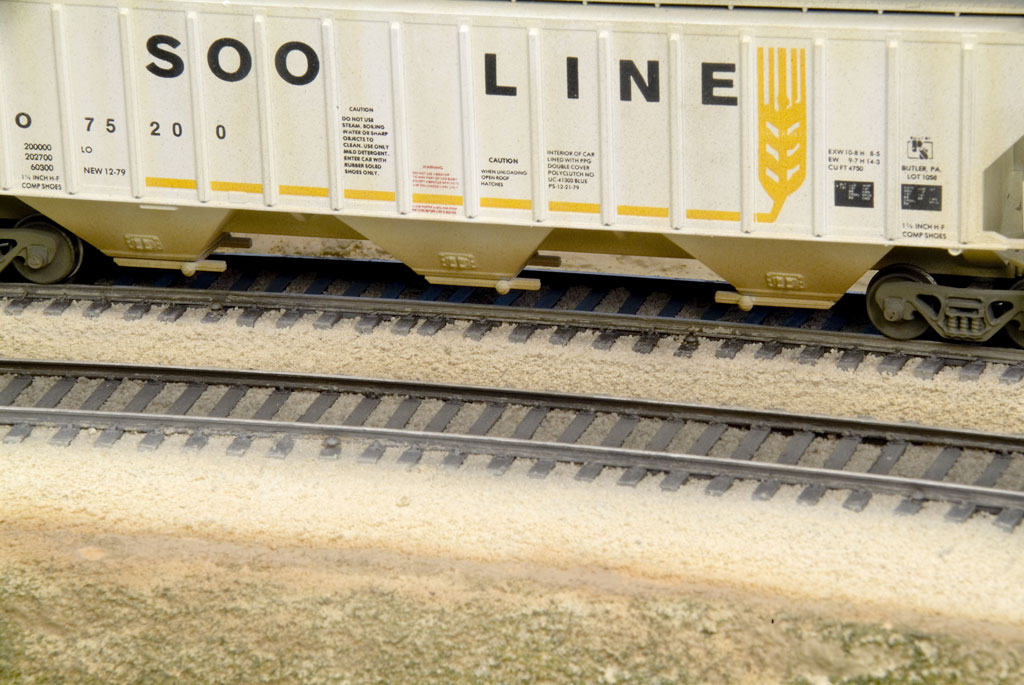
Track ballasting made easy: Model railroading is fun, right? Well, most of the time it is, but there are some aspects of this hobby that make us shudder. And judging by the questions we receive, one thing many of us don’t enjoy is ballasting. However, adding ballast (the rocks between the ties and along the […]
Read More…
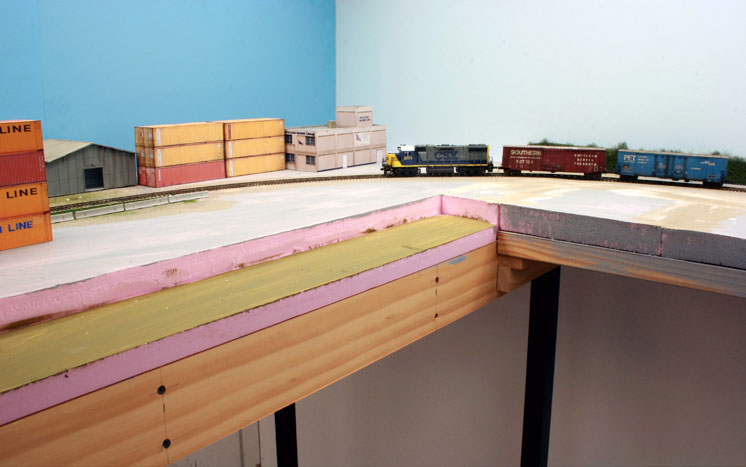
Roadbeds made easy with foam: Plywood has been the primary material for model railroad bench tops for many years. In many situations, though, I’ve found that extruded-foam insulation board is a viable alternative for bench tops built on either flat surfaces or open grids. With proper support, the rigid foam can easily hold anything a […]
Read More…
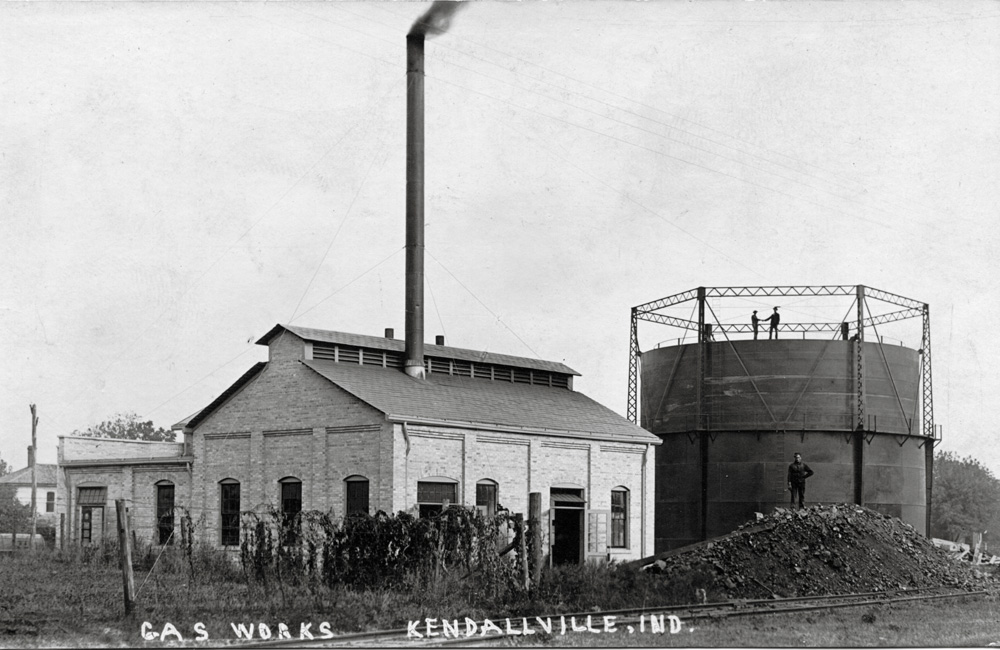
Q: I have a Walthers gas plant kit (item 933-3104) and gas storage tank kit (item 933-2907). I want to use these to model a coal-gas plant. Do you have any drawings or pictures of such a plant that I can model using these kits? – Thomas Lauritsen A: To help you model a coal-gas […]
Read More…

One of the questions I often hear is, “I’m interested in getting into live steam; where do I find resources for live steamers?” Unfortunately, there is no “one stop shopping” for all the questions beginners may have about small-scale live steam. However, there are a number of resources out there that can provide answers, and […]
Read More…
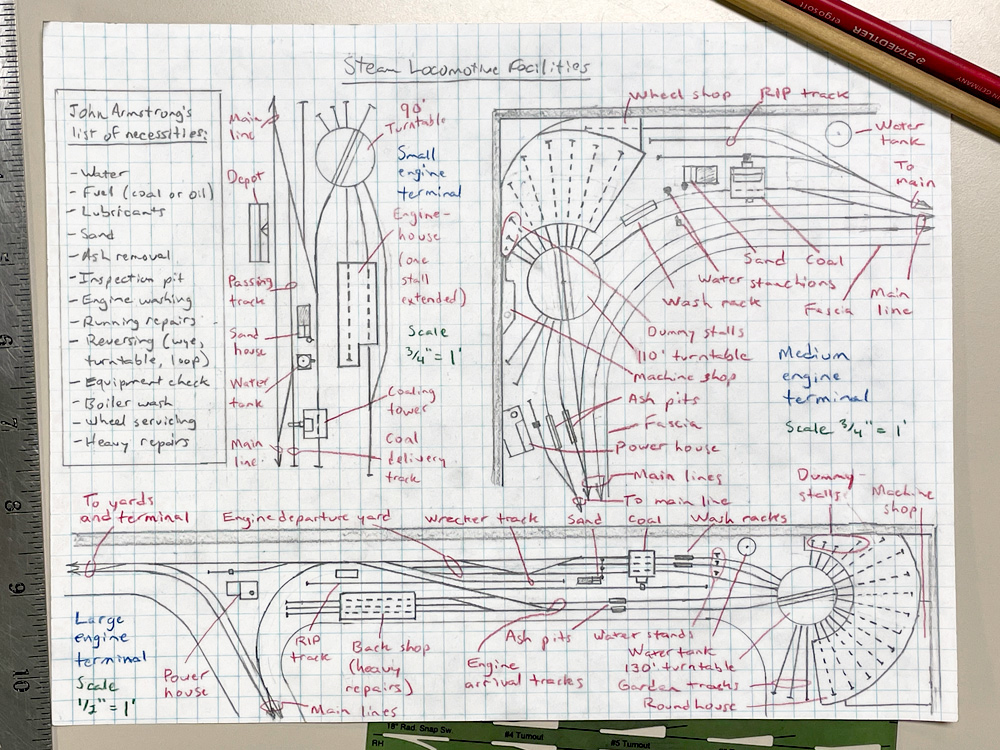
If you run steam locomotives on your model railroad, you need a steam engine terminal. Even if you don’t have room to model one, your model locomotives must get serviced somewhere off layout. But there are a lot of good reasons to model a steam engine terminal. First of all, and most important to some, […]
Read More…
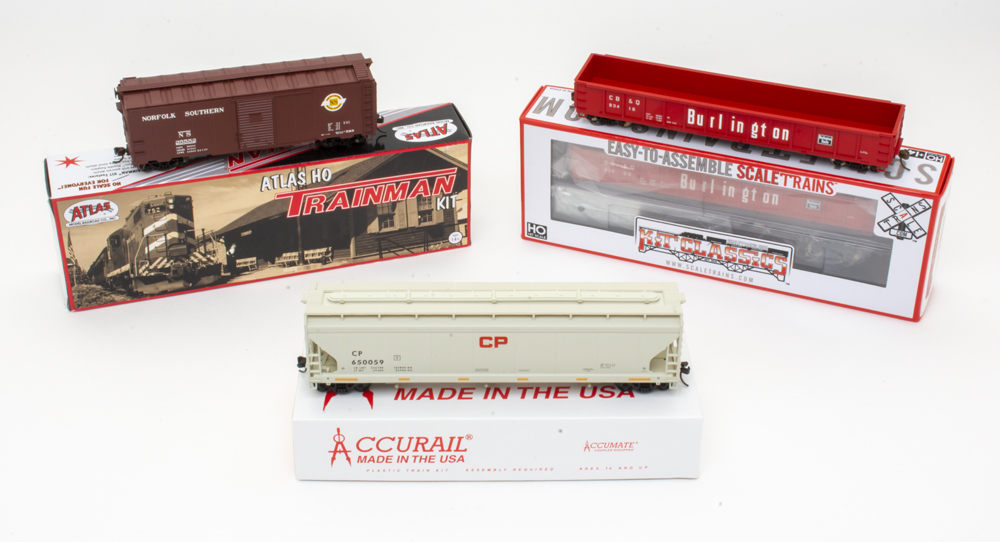
When I got into model railroading as a kid in the 1980s, factory-decorated HO scale freight car kits were the industry norm. I remember staring in awe at the shelves at McGiffin’s in Grand Forks, N.D., and Bader’s in Moorhead, Minn., two of the larger shops near my hometown, which were lined high and wide […]
Read More…
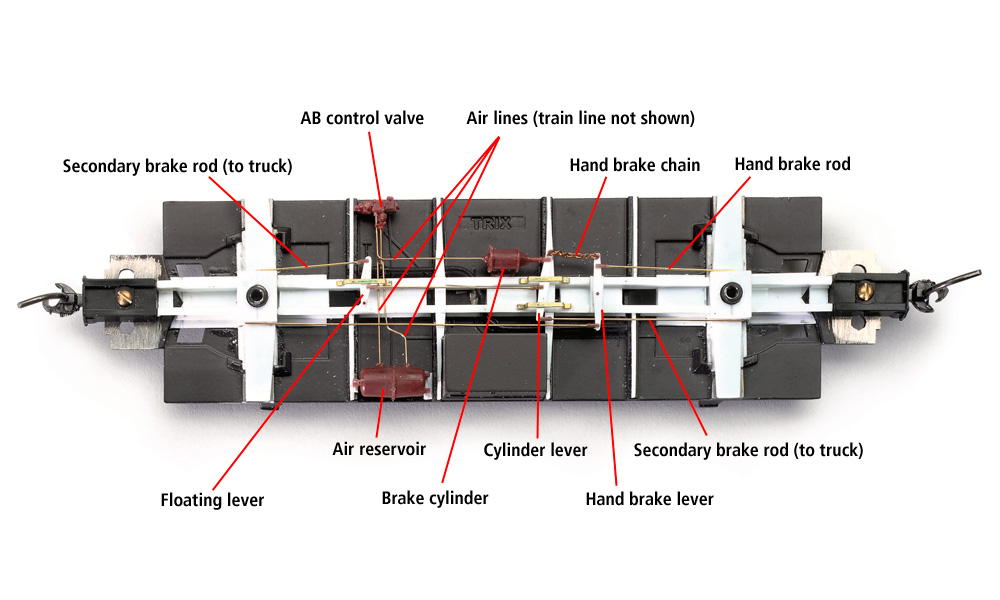
Q: I am researching transition era railcar brakes. Were there books written on the subject, and are they still available for purchase? – Ron Buddemeier A: The most complete and detailed reference for transition era railcar brakes is the one used by the railroads themselves – the Car Builder’s Cyclopedia of American Practice. This weighty […]
Read More…
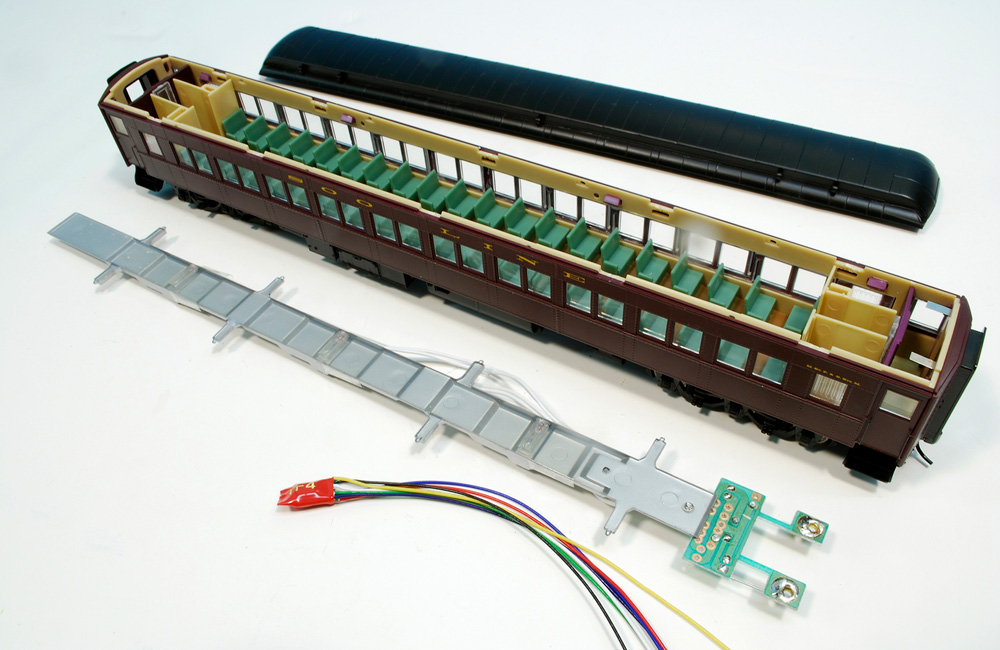
Q: I have some HO scale passenger cars that I would like to install LED lights into. I’m new to model railroading. I understand that I need decoders in each car, but after that, I’m lost. – Alex Laserson A: If you want to install passenger car interior lighting, you don’t absolutely have to use […]
Read More…












